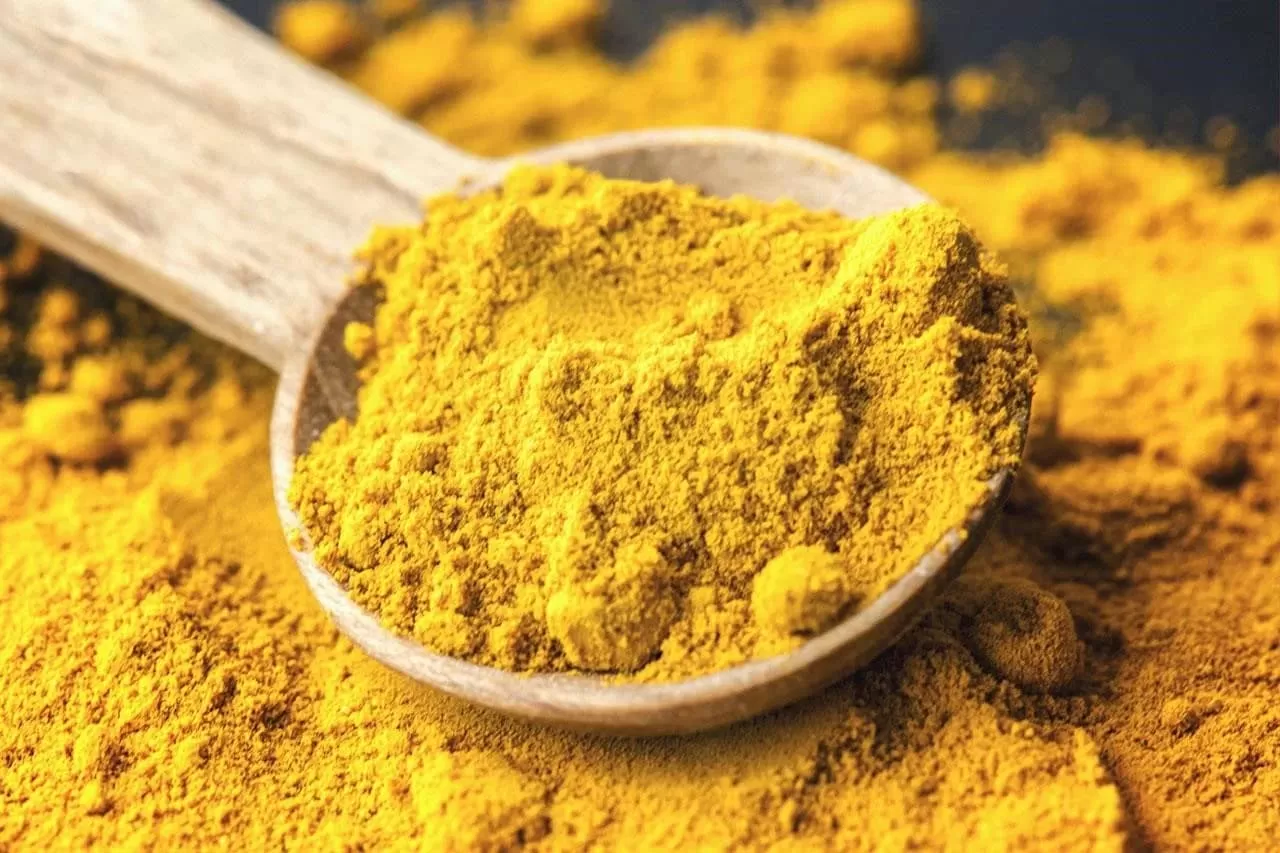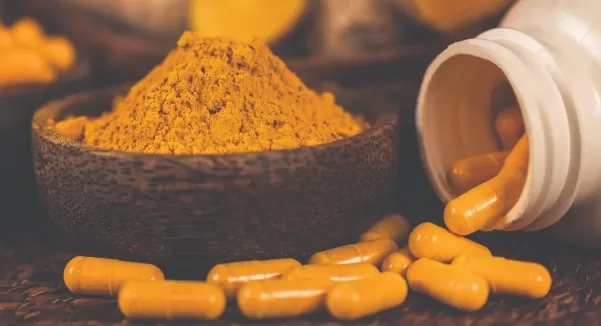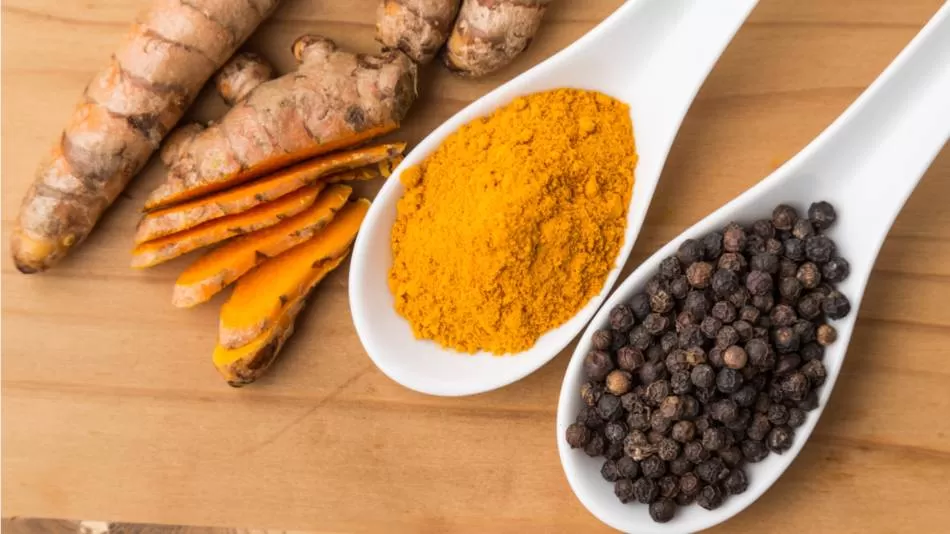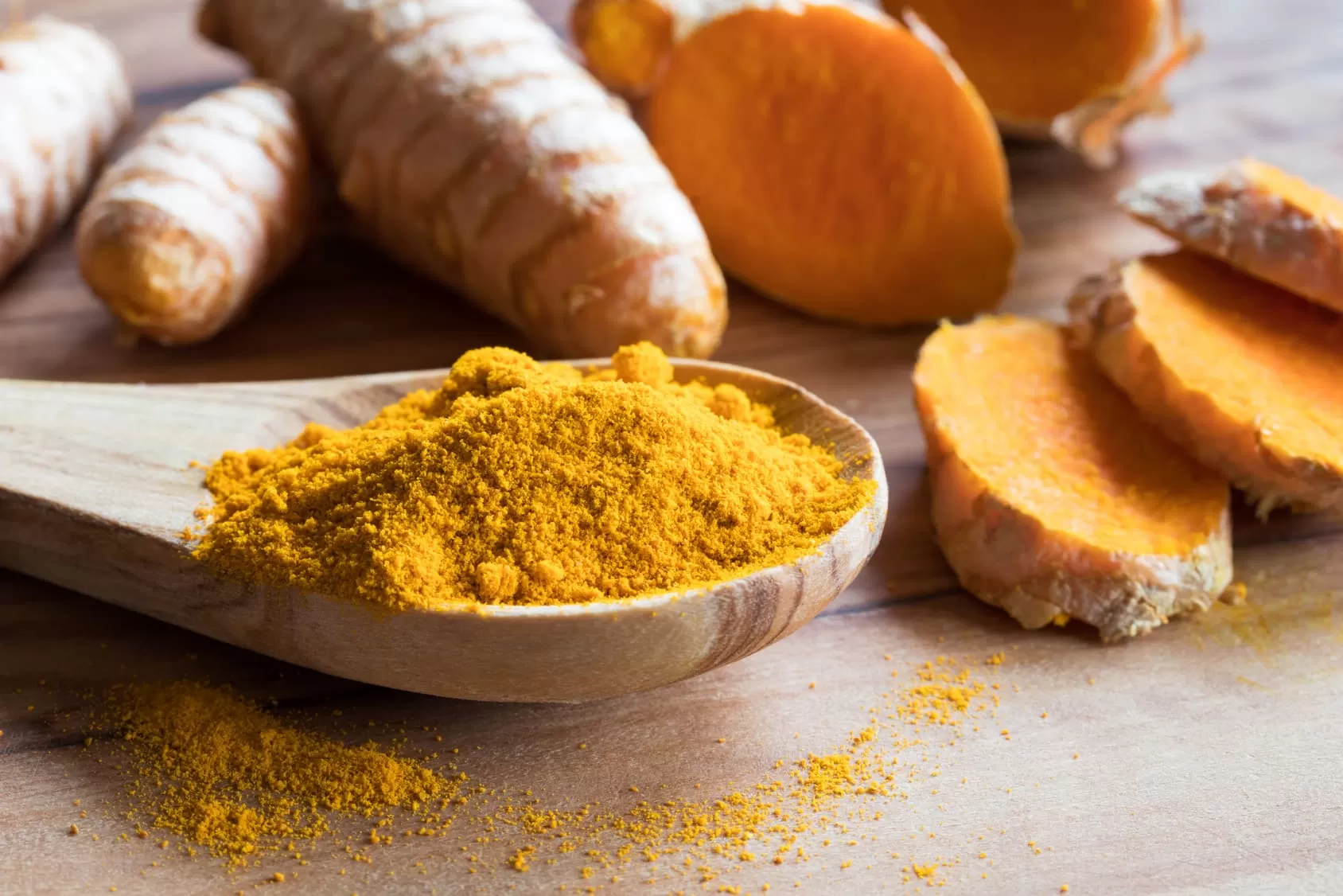- 0086-571-85302990
- sales@greenskybio.com
Is One Teaspoon of Turmeric a Day Enough for Optimal Health Benefits?
2025-04-28
Turmeric, long heralded as the "golden spice," holds a revered place in culinary traditions and holistic medicine alike. With its vibrant hue and distinctive flavor, this member of the ginger family is more than just a kitchen staple; it is lauded for its potential health benefits, largely attributed to its primary bioactive compound, Curcumin. As turmeric gains popularity for its purported anti-inflammatory and antioxidant properties, a common question arises: is consuming one teaspoon of turmeric a day enough to reap its health benefits?
Understanding Turmeric and its Active Components
Turmeric contains several compounds, of which Curcumin is the most studied. Curcumin comprises approximately 2-8% of turmeric by weight, and it is responsible for some of the spice's most celebrated health effects. Research suggests that curcumin may aid in reducing inflammation, improving joint health, boosting cognitive function, and enhancing cardiovascular health. However, curcumin is present in relatively low concentrations in turmeric, which prompts discussion about the optimal amount needed for therapeutic effects.
Recommended Dosages in Studies
A wide array of studies have investigated the dosages of curcumin required to achieve health benefits. Most research concentrates on doses ranging from 500 milligrams to 2 grams of curcumin per day, supplied via standardized extracts as opposed to the turmeric spice itself. Given that one teaspoon of ground turmeric weighs about 2-3 grams and provides roughly 100-200 milligrams of curcumin, it is apparent that consuming turmeric in its spice form provides substantially less curcumin than what is typically used in research studies.
Bioavailability Challenges
One of the primary challenges linked to curcumin consumption is its limited bioavailability, meaning that when ingested, only a small fraction of curcumin is absorbed and utilized by the body. Factors such as metabolism, rapid digestion, and elimination contribute to this limitation. However, certain strategies can enhance bioavailability significantly:
1. Combining with Black Pepper: Piperine, a compound found in black pepper, can increase curcumin absorption by up to 2000%. Thus, pairing turmeric with black pepper is a commonly recommended practice to optimize its benefits.
2. Using Fat: Consuming turmeric with healthy fats can improve curcumin absorption since it is lipid-soluble.
3. Opting for Supplements: Quality curcumin supplements often contain additional agents that aid in absorption, such as piperine or phospholipids.
Assessing One Teaspoon of Turmeric Daily
While one teaspoon of turmeric may not provide the high levels of curcumin scrutinized in studies, it can still contribute positively to one's diet. It holds several advantages:
- Antioxidant Support: Even in its natural form, turmeric provides antioxidants beyond curcumin, contributing to general health and cellular protection against oxidative stress.
- Digestive Health: Turmeric may aid in digestion and support gut health, owing to its anti-inflammatory effects.
- Cumulative Benefits: Consistent, long-term consumption may offer cumulative benefits that support mild to moderate inflammation reduction and overall wellness.
For individuals seeking specific therapeutic effects, such as relief from arthritis or significant inflammation reduction, supplementing with concentrated Curcumin Extract may be advisable. Consulting healthcare professionals knowledgeable about herbal medicine can offer guidance tailored to individual health needs and objectives.
Incorporating Turmeric into Your Diet
The versatility of turmeric allows it to be incorporated into various recipes ranging from curries and soups to smoothies and teas. To maximize the benefits of turmeric in your daily routine, consider the following practices:
- Regularity: Integrate turmeric into daily meal planning consistently for sustained potential benefits.
- Pair with Enhancers: Use turmeric in conjunction with bioavailability enhancers like black pepper and natural fats for increased absorption.
- Supplementary Use: Individuals who desire more pronounced effects may explore curcumin supplements.
Conclusion:
While one teaspoon of turmeric daily may offer general health benefits, it is not likely to provide the optimal therapeutic levels of curcumin demonstrated in clinical studies for more specific conditions. Those seeking targeted benefits might consider curcumin supplements while still enjoying turmeric in culinary applications as part of a balanced, nutrient-rich diet.
Ultimately, the decision regarding turmeric consumption should be guided by personal health goals and informed by consultation with healthcare professionals. Whether used in its powdered form for everyday culinary delight or augmented through supplementation, turmeric remains a valuable component of modern holistic health practices, carrying forward millennia of traditional usage into the realm of contemporary wellness.
- ▶ Hesperidin
- ▶ citrus bioflavonoids
- ▶ plant extract
- ▶ lycopene
- ▶ Diosmin
- ▶ Grape seed extract
- ▶ Sea buckthorn Juice Powder
- ▶ Beetroot powder
- ▶ Hops Extract
- ▶ Artichoke Extract
- ▶ Reishi mushroom extract
- ▶ Astaxanthin
- ▶ Green Tea Extract
- ▶ Curcumin Extract
- ▶ Horse Chestnut Extract
- ▶ Other Problems
- ▶ Boswellia Serrata Extract
- ▶ Resveratrol Extract
- ▶ Marigold Extract
- ▶ Grape Leaf Extract
- ▶ blog3
- ▶ blog4
- ▶ blog5
-
What is the most effective form of curcumin?
2025-04-28
-
Is curcumin good for the liver?
2025-04-28
-
Turmeric vs. Curcumin: Which is Better?
2025-04-28
-
Can curcumin have side effects?
2025-04-28
-
Curcumin Extract: When Should You Take It?
2025-04-28
-
Mangosteen extract powder
2025-04-28
-
Baicalin
2025-04-28
-
Jujube Extract
2025-04-28
-
Fig Extract
2025-04-28
-
Sea buckthorn Juice Powder
2025-04-28
-
Milk Thistle Extract
2025-04-28
-
Acerola Extract
2025-04-28
-
Yohimbine Bark Extract
2025-04-28
-
Cactus Extract
2025-04-28
-
Giant Knotweed Extract
2025-04-28






























